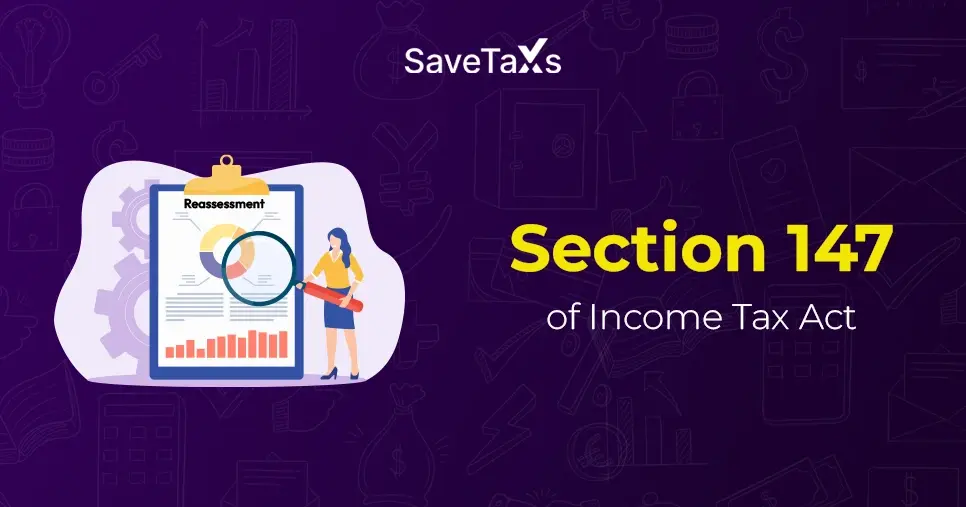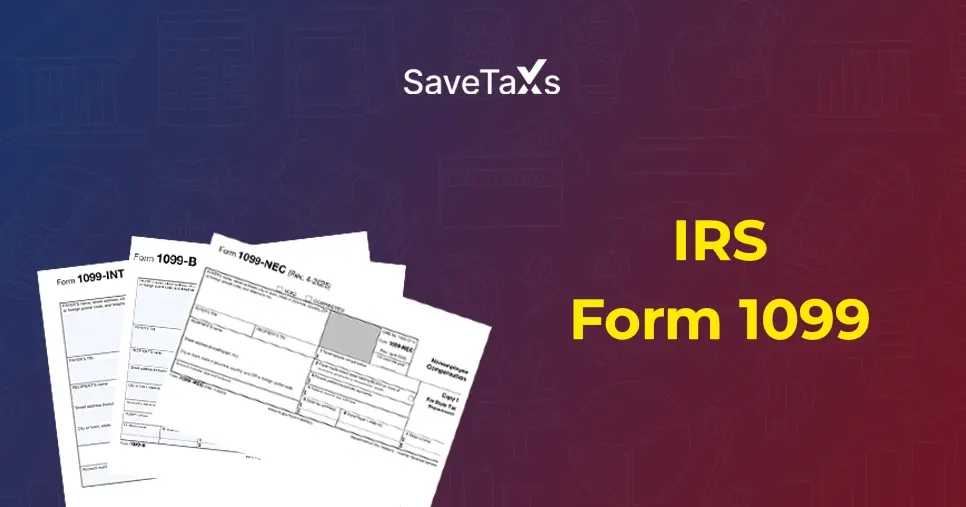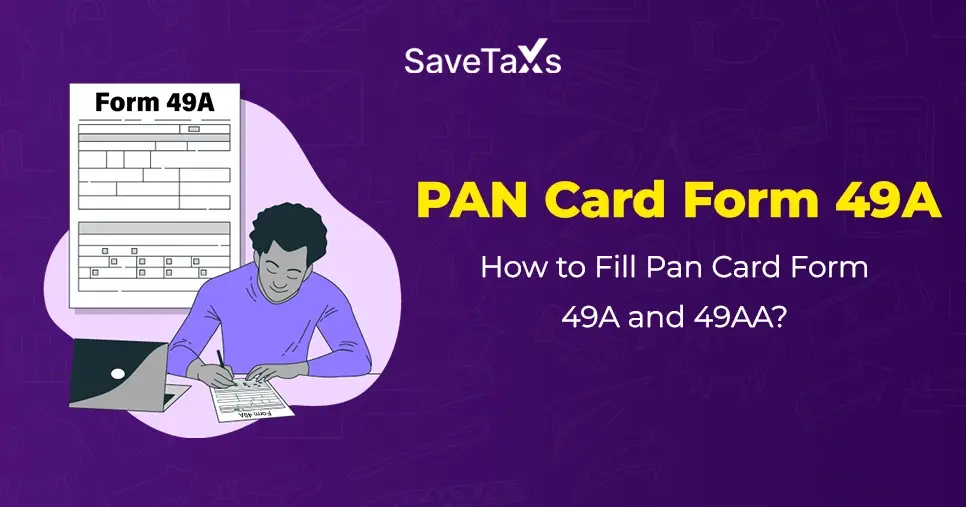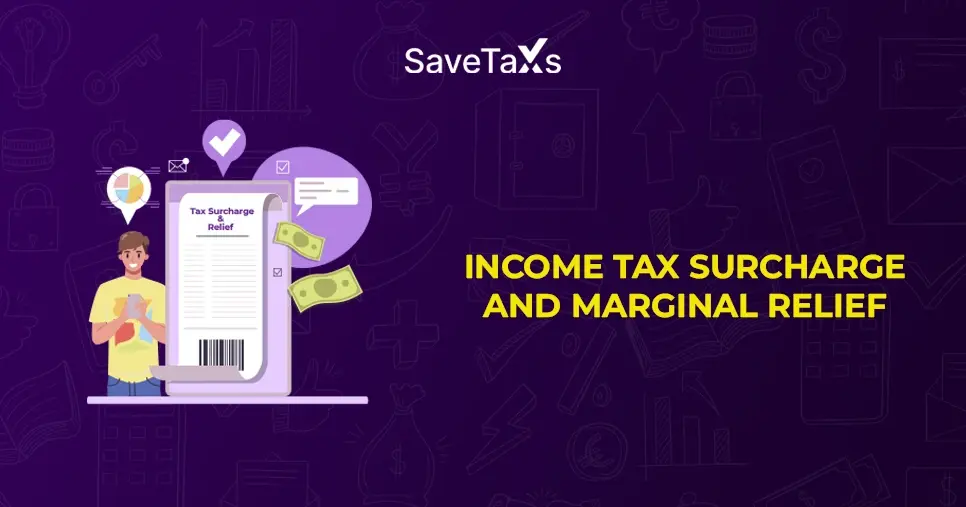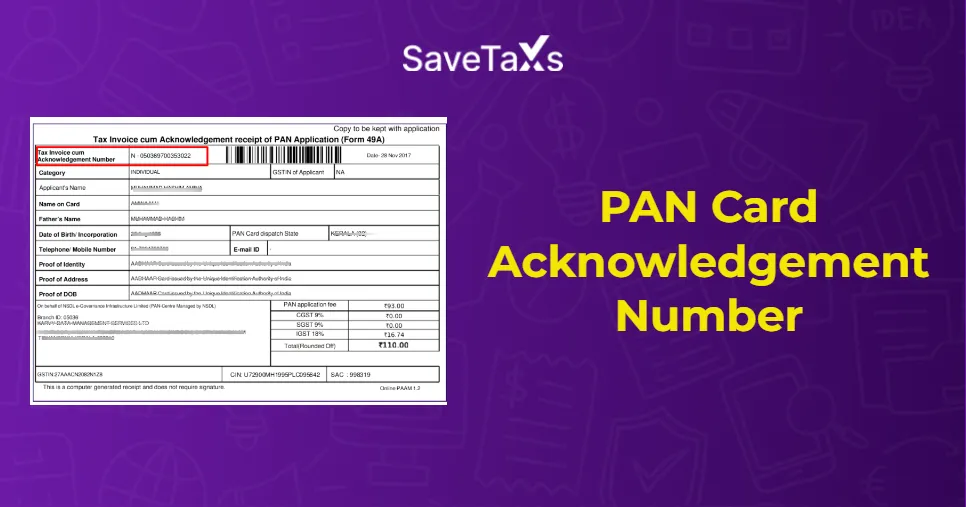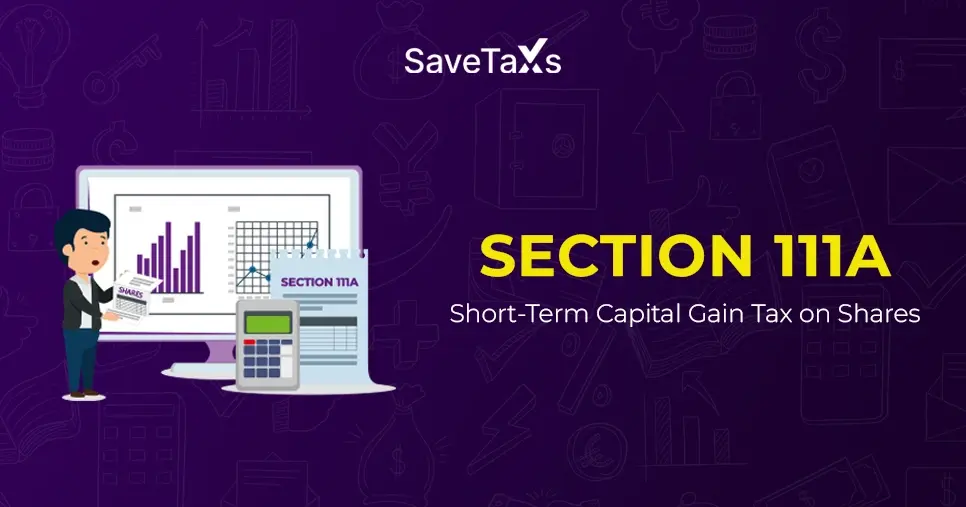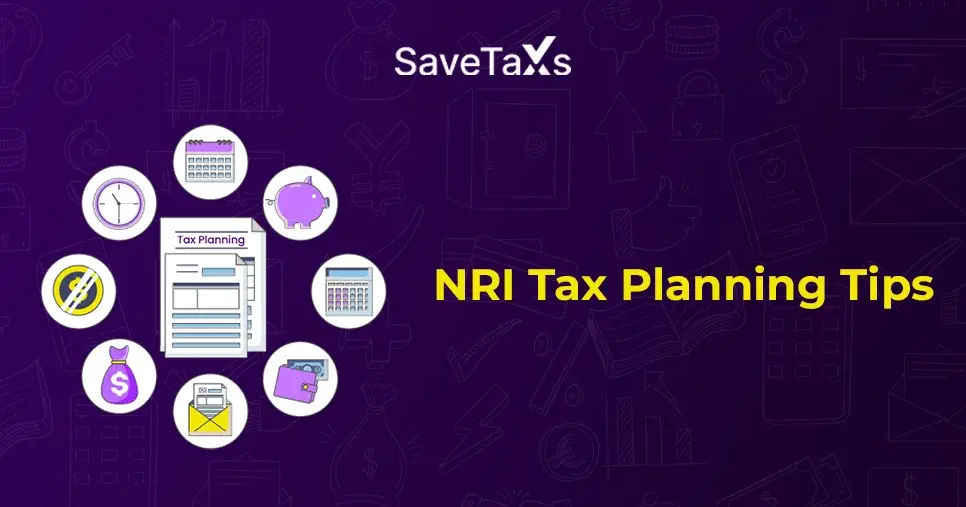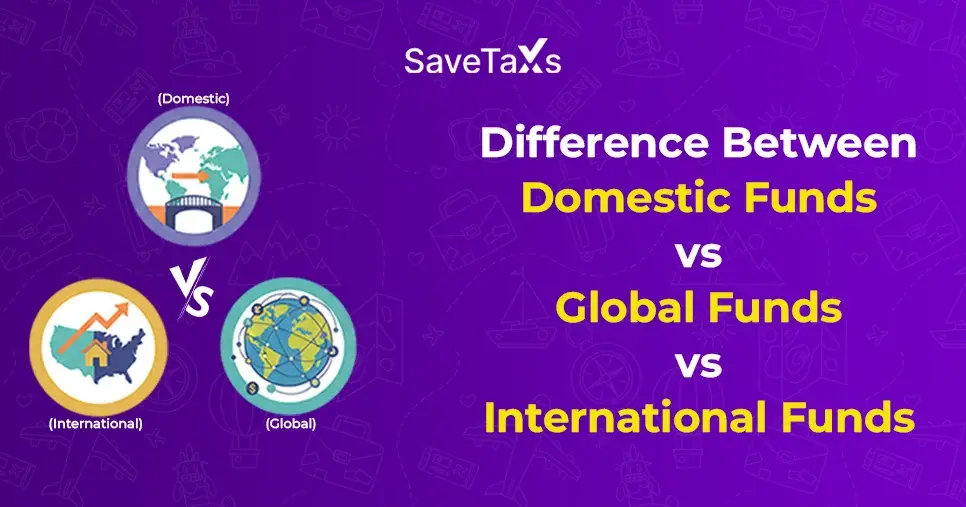- What Is Section 80TTA of the Income Tax Act?
- Who Can Claim Tax Benefits Under Section 80TTA?
- Features of Section 80TTA
- Interest Income Types Allowed Under Section 80TTA
- Interest Income Types Not Allowed Under Section 80TTA
- Maximum Tax Deduction Allowed Under Section 80TTA
- How to Claim Tax Deduction Under Section 80TTA?
- Conclusion
Do you ever wonder if you can claim a tax benefit on your savings account interest? In India, most people have a savings account, whether it's you or me. However, only a few are aware that under the head “Income from Other Sources”, interest earned on a savings account is taxable.
Using Section 80TTA of the Income Tax Act, 1961, you can claim a tax deduction of up to INR 10,000 on interest income earned from savings accounts and thereby reduce your tax liability.
What’s more, this deduction is not limited to Indian residents alone. Non-Resident Indians (NRIs) can also claim tax benefits under Section 80TTA, provided they meet the eligibility conditions.
Want to know what those conditions are and how Section 80TTA works? You’re on the right page. Read on to get all your answers.
What Is Section 80TTA of the Income Tax Act?
Many taxpayers often get confused about Section 80TTA of the Income Tax Act, which can impact their overall tax liability. In simple terms, Section 80TTA is a tax provision that offers relief on interest income earned from savings accounts.
The primary objective of this section is to encourage savings among individuals. It also provides clear guidelines for claiming deductions related to savings account interest income.
Under Section 80TTA, individuals and HUFs can claim a maximum deduction of INR 10,000 on interest earned from savings accounts held with:
- Banks
- Post offices
- Co-operative societies engaged in the banking business
However, no deduction is available on interest earned from:
- Fixed deposits (FDs)
- Recurring deposits (RDs)
- Time deposits
Who Can Claim Tax Benefits Under Section 80TTA?
The following taxpayers are eligible to claim deductions under Section 80TTA of the Income Tax Act:
- Indian residents
- Hindu Undivided Families (HUFs)
- Non-Resident Indians (NRIs)
Section 80TTA for NRIs
NRIs can claim deductions under Section 80TTA only on interest earned from NRO savings accounts.
- Interest on NRE savings accounts is entirely tax-free, so no deduction is required.
- Interest earned on NRO savings accounts is taxable, and hence eligible for deduction under Section 80TTA.
Important Note on Senior Citizens
This is all about who can claim a tax deduction under section 80TTA of the Income Tax Act on their earned interest on a savings account. Moving ahead, let's know the features of this section.
Sections 80TTA and 80TTB are mutually exclusive. If an individual qualifies for both, they can opt for the section that offers higher tax benefits.
Features of Section 80TTA
These are the following features of section 80TTA of the Income Tax Act:
- Exemption Limit: Under section 80TTA of the Income Tax Act, you can claim up to INR 10,000 tax benefits on earned interest from a savings account in a financial year.
- Eligibility: The tax benefit under this section is available only to individuals (Indian residents and NRIs) and HUFs with savings accounts in India.
- No TDS: On savings accounts held by HUFs and individuals, no tax deduction at source (TDS) is charged on interest income.
- Multiple Accounts: Across different banks, if you have several bank accounts, the total earned interest from them should not exceed INR 10,000. If the amount exceeds that, apart from the exempt amount under section 80TTA, tax will be charged on the remaining income.
- Additional Deduction: The deduction under section 80TTA is not included in the INR 1,50,000 deduction available under section 80C of the Income Tax Act.
- Minimum Taxable Income: If an individual's gross total income is below the tax exemption limit, section 80TTA does not apply to them, even if their savings account income exceeds INR 10,000 in a financial year.
These are some key features of Section 80TTA of the Income Tax Act, 1961. Moving further, let's know the different types of interest income allowed for claim tax deduction under this section.
Interest Income Types Allowed Under Section 80TTA
The following types of interest income are eligible for deduction under Section 80TTA:
- Savings Account Interest
Interest earned from savings accounts held with banks or post offices. - Co-operative Society Savings Interest
Interest earned from deposits with co-operative societies engaged in banking activities.
⚠️ The deduction limit of INR 10,000 applies per individual or HUF, not per account.
Interest Income Types Not Allowed Under Section 80TTA
The following interest incomes do not qualify for deduction under Section 80TTA:
- Fixed Deposit (FD) Interest
- Recurring Deposit (RD) Interest
- Corporate Bond & Debenture Interest
- Interest from Lending Business
- Provident Fund Interest
Maximum Tax Deduction Allowed Under Section 80TTA
Under section 80TTA of the Income Tax Act, 1961, you can claim an INR 10,000 tax deduction on your earned interest from your savings account. If the interest is less than or up to INR 10,000 in an accounting year, it is completely exempted from tax. However, if the interest earned on a savings account exceeds INR 10,000 in a fiscal year, then, apart from the exempted tax amount (INR 10,000) on the additional interest, tax will be charged.
According to the information provided, under section 80TTA, you can claim up to INR 10,000 in tax deduction on your interest earned from a savings account. Moving ahead, let's know how you can claim tax benefits under this section.
How to Claim Tax Deduction Under Section 80TTA?
Follow the steps mentioned below to claim tax deduction under section 80TTA on your earned interest from your savings account in India:
- Determine Eligibility: Before applying for a tax deduction under section 80TTA of the Income Tax Act, first check whether you are eligible to claim a deduction or not. Furthermore, this tax deduction does not apply to non-individual taxpayers, such as partnerships, LLPs, or companies.
- Calculate Interest Income: Calculate your gross interest income during a financial year earned from cooperative societies and savings accounts. Here, the interest earned on deposits includes post offices, banks, and cooperative societies engaged in the banking business.
- Estimate Deduction Amount: As mentioned, the total tax exempt under section 80TTA is INR 10,000 in an accounting year on interest earned from a savings account. Determine your deduction amount and whether it is more or less than the exempted amount.
- Include in Total Income: While calculating your tax liability, add your earned interest to your total income. This is vital, as tax deduction is claimed under section 80TTA from the total revenue.
- File Income Tax Return: While filing your Income Tax Return (ITR), under the head "Income from Other Sources," do not forget to mention your interest income and, under section 80TTA, claim tax deduction. Ensure that all the details on it are correct and that it includes all required documents.
Example for Better Understanding
Mr. D (Age: 35) earns:
- Salary income: INR 5,00,000
- Savings account interest: INR 5,000
- Fixed deposit interest: INR 15,000
| Particulars | Amount (in INR) | Amount (in INR) |
|---|---|---|
|
Salary income Less: Standard tax deduction |
5,00,0000 (50,000) |
4,50,000 |
|
Income earned from other sources: Interest earned from a savings account Interest earned from fixed deposits |
5,000 15,000 |
20,000 |
| Gross Total Income | - | 4,70,000 |
|
Less: Chapter VI-A tax deduction -Section 80C -Section 80TTA |
10,000 5,000 |
(15,000) |
| Taxable Salary | - | 4,55,000 |
So, Mr. D's taxable income is INR 4,55,000 after claiming tax benefits under sections 80TTA and 80C of the Income Tax Act.
*Note: Section 80TTA of the Income Tax Act, 1961, is only applicable under the old tax regime. So, while claiming tax benefits on the earned interest from a savings account, ensure that you choose the tax regime you want.
Conclusion
For taxpayers seeking to reduce their tax burden and optimize their savings, Section 80TTA of the Income Tax Act is an essential tool. Understanding and leveraging Section 80TTA benefits, whether you are an Indian resident or NRI, can significantly improve your financial well-being and help you plan your tax strategies. Furthermore, if you want to learn more about this section or need assistance filing the ITR, contact SaveTaxs. We have a team of experts who help you with your tax planning, ITR filing, and post-ITR assistance. So, why struggle with your ITR filing when you have the solution by your side? Connect with us today and let us help you.
*Note: This guide is for informational purposes only. The views expressed in this guide are personal and do not constitute the views of Savetaxs. Savetaxs or the author will not be responsible for any direct or indirect loss incurred by the reader for taxing any decision based on the information or the contents. It is advisable to consult with either a Chartered Accountant (CA) or a professional Company Secretary (CS) from the Savetaxs team, as they are familiar with the current regulations and help you make accurate decisions and maintain accuracy throughout the whole process.

Mr Shaw brings 8 years of experience in auditing and taxation. He has a deep understanding of disciplinary regulations and delivers comprehensive auditing services to businesses and individuals. From financial auditing to tax planning, risk assessment, and financial reporting. Mr Shaw's expertise is impeccable.
Want to read more? Explore Blogs
Frequently Asked Questions
No matter what your source of income is, we've got you covered. There’s a plan for everybody!
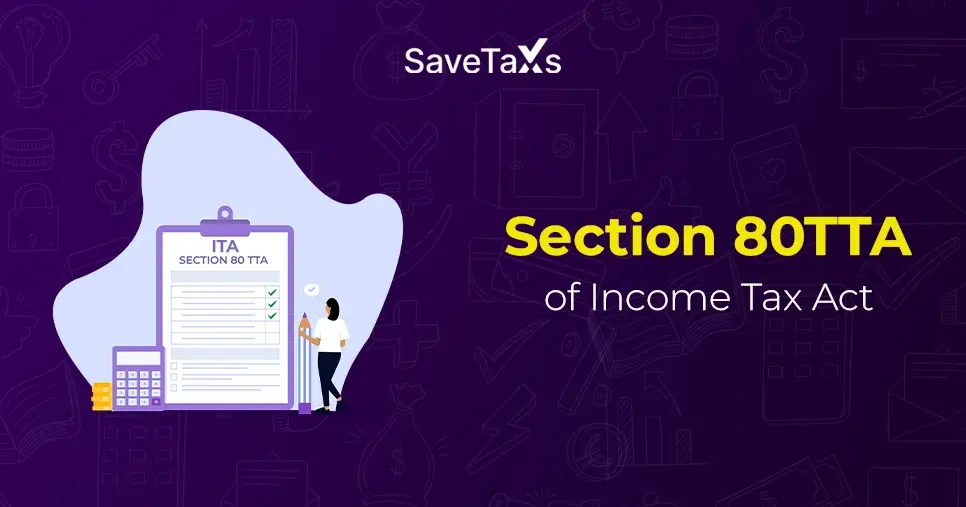
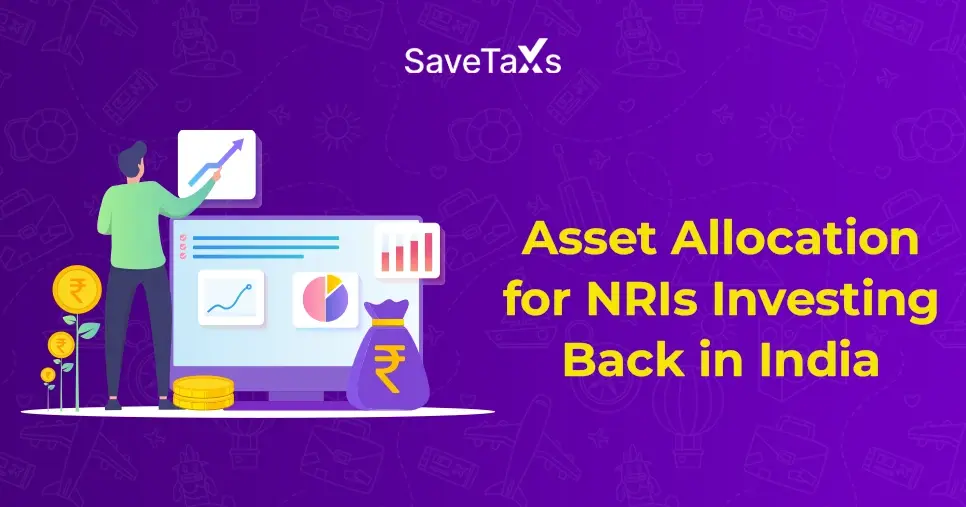
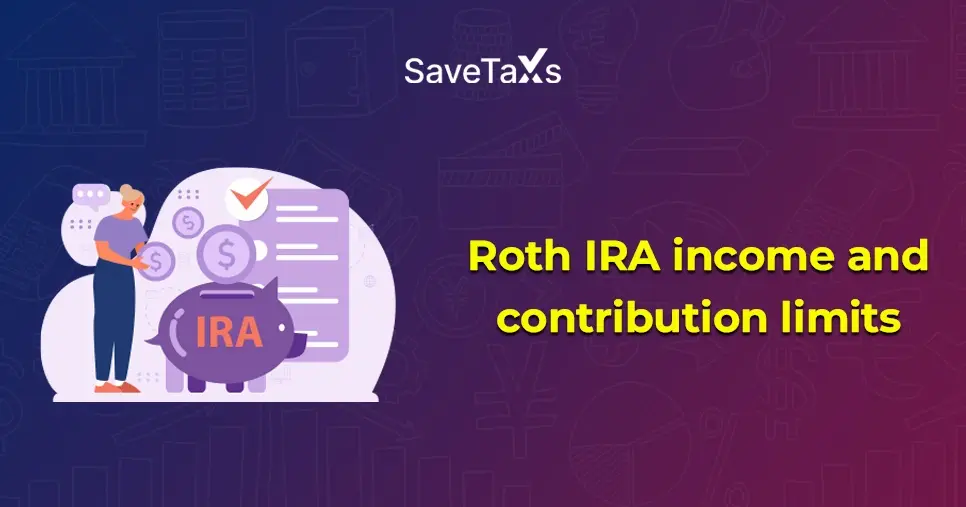
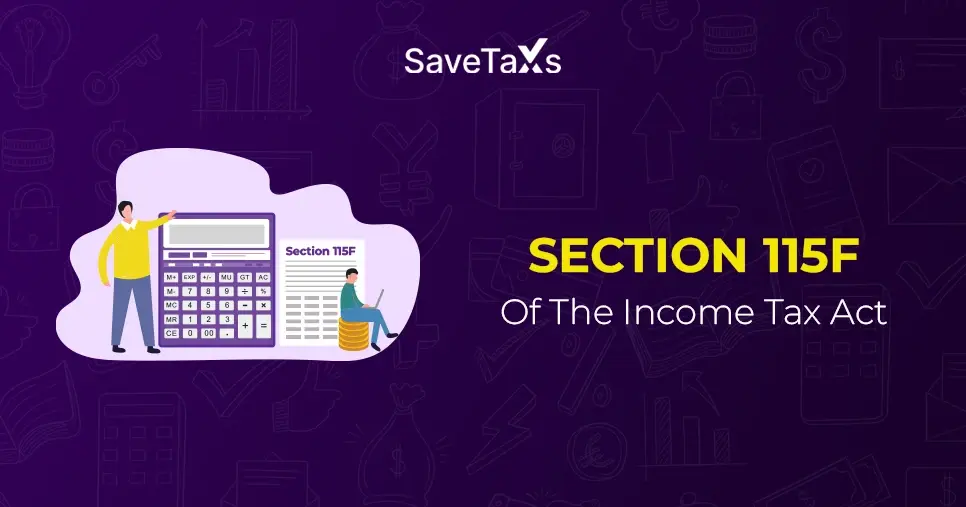
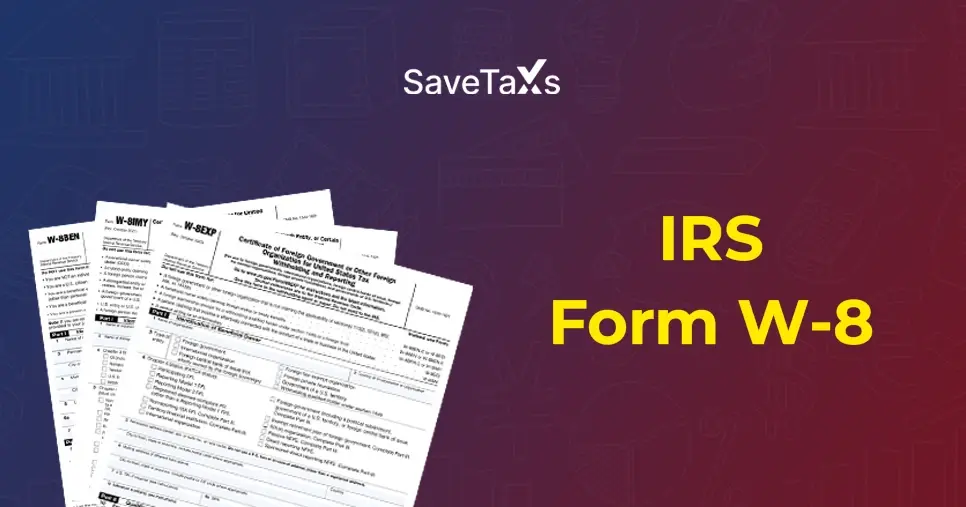
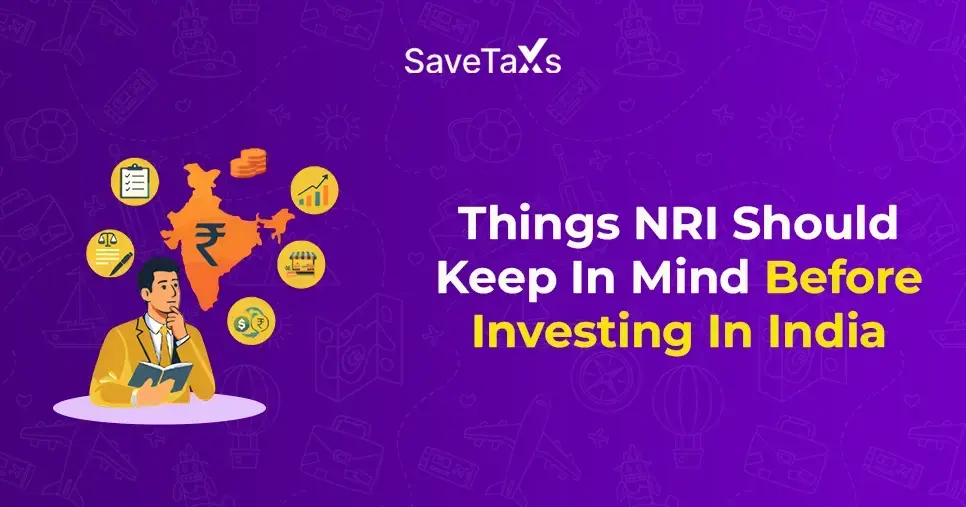
_1759750925.webp)


